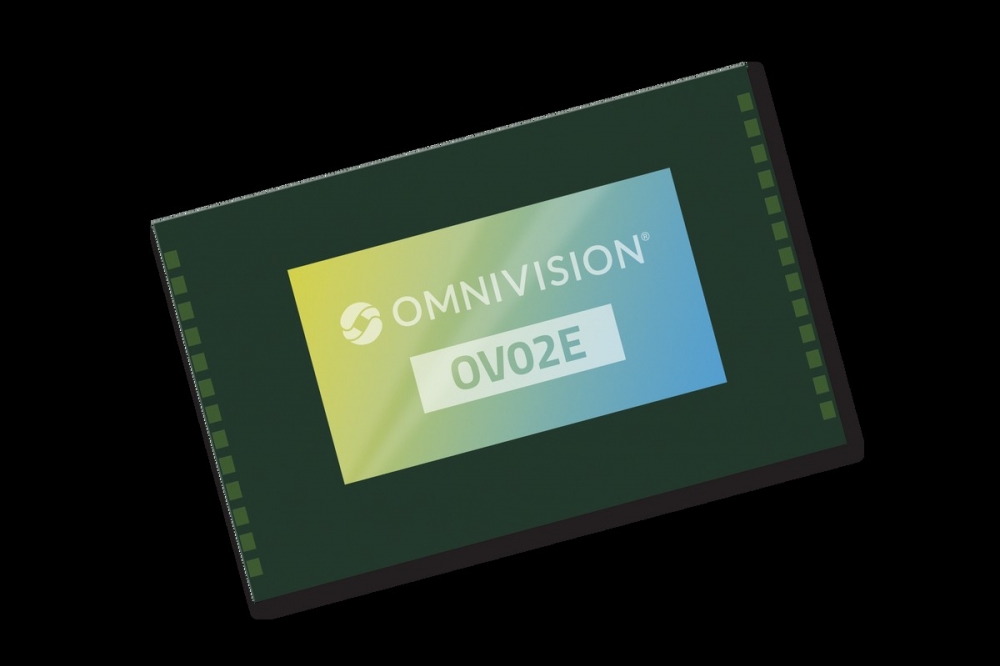OMNIVISION introduces 1080p Full HD Image Sensor

OMNIVISION’s new OV02E enables some of the world’s thinnest full HD laptop computers with AI-powered always-on face ID recognition for ultra-low power mode.
OMNIVISION has introduced the new OV02E 1080p full high-definition (HD) image sensor with staggered high dynamic range (HDR) for devices with thin bezel designs, including mainstream and premium notebooks, tablets and IoT devices. The feature-packed 1/7.3-inch-format sensor works with artificial intelligence (AI) chips to sense human presence in always-on ultra-low power mode, extending battery life for portable devices.
“Our new OV02E is a single-die solution that meets the computing industry’s need for high video quality and low bill of materials (BOM) cost,” said Akeem Chen, product marketing manager, OMNIVISION. “We’ve all been on video calls where the backlighting is less than ideal, reducing image quality and blowing out the background. Now, with staggered HDR support, troublesome backlighting during a videoconference call is no longer an issue. In addition, we’ve added new features like ultra-low power mode with AI functionality for best-in-class always-on capabilities. These are some of the trending features demanded by consumers in 2023 and 2024 laptop models.”
All of these features are packed into the smallest die size for cameras with the most compact footprint, ideal for devices with a screen-to-body ratio of less than 3mm Y size, such as tablets and wearable devices. OMNIVISION’s OV02E sensor has a 1.12-micron (µm) backside-illuminated (BSI) pixel based on the company’s proven and proprietary PureCel®Plus architecture for advanced pixel sensitivity and quantum efficiency. The sensor features 2-megapixel (MP) full HD 1080p video at 60 frames per second (fps). It supports multiple camera synchronization for machine vision and IoT applications where depth detection is needed. The OV02E sensor’s always-on capability features an ultra-low power state that works with the mobile industry processor interface (MIPI) and serial peripheral interface (SPI).

































